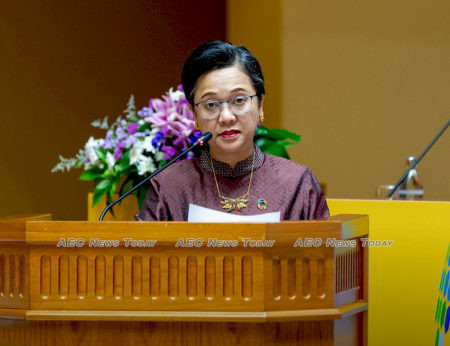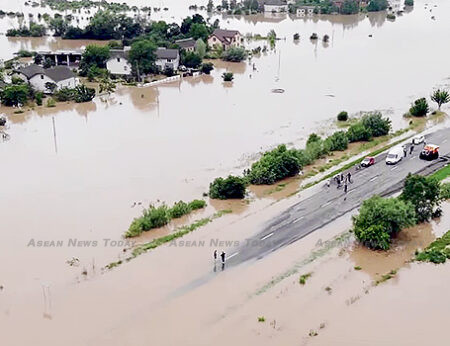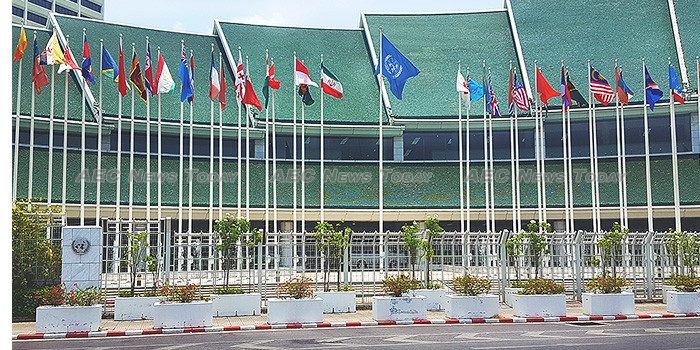The head of the United Nations Economic and Social Commission for Asia and the Pacific (UN-ESCAP) has called on countries throughout the region to ensure that COVID-19 recovery programmes continue the pursuit of the UN Sustainable Development Goals and contribute to solving the climate crisis.

As the region’s economic engine restarts, we must recognize the need do things differently and seize key opportunities to shape COVID-19 recovery as a truly green and sustainable transformation. We can do this more effectively if we cooperate more closely to tackle systemic issues, build capacity, and replicate and scale up our successes”, said UN under-secretary-general and executive secretary of ESCAP, Armida Salsiah Alisjahbana.
The remarks came during an event hosted by ESCAP with the support of Fiji, Pakistan, and the Philippines on the sidelines of the High-level Political Forum on Sustainable Development (HLPF).
The HLPF is the UNs central platform for follow-up and review of the 2030 Agenda for Sustainable Development, adopted in 2015. With this year’s Forum agenda strongly influenced by the impact of the COVID-19 pandemic, discussions revolved around ways to ensure a sustainable and resilient recovery that also puts countries on track to realize the 2030 Agenda.
COVID-19 recovery: beyond the pandemic

Attendees at the Forum heard from experts from governments, the private sector, and civil society on their perspectives on the challenges, as well as opportunities, the COVID-19 recovery process entails. Discussions were framed by the four-point recovery agenda presented in the theme study for the 77th session of the Commission, Beyond the pandemic: Building back better from crises in Asia and the Pacific.
That agenda called on countries to focus on broadening social protection, investing in a sustained recovery, strengthening connectivity and supply chains, and mending the broken relationship with nature.
Speaking at the event, Fiji’s Minister for Women, Children and Poverty Alleviation, Mereseini Rakuita Vuniwaqa, emphasised the importance of strengthening social protection systems.
“COVID-19 has provided us with a unique opportunity to make our social protection systems more resilient and adaptable to the impact of crises of a magnitude we have never seen before. In building back better, the proposal to widen social protection by spending 2 to 6 per cent of GDP is a step in the right direction.
“If we are to leave no one behind, major investment in social protection is a must, particularly in a world where COVID-19 has amplified and exacerbated pre-existing inequalities in society”, Ms Vuniwaqa said.
Feature photo: File
Related:
- Asia-Pacific response to COVID-19 needs social inclusion and environmental sustainability (video) (AEC News Today)
- UN Calls On Countries To Shape COVID-19 Recovery As ‘Truly Green And Sustainable Transformation’ (Scoop)
Made up of 53 Member States and nine Associate Members, the region is home to 4.1 billion people, or two thirds of the world’s population.
ESCAP works to overcome some of the region’s greatest challenges by providing results oriented projects, technical assistance and capacity building to member States
Latest posts by United Nations Escap (see all)
- Ocean action needed now by Asia and Pacific countries – June 27, 2022
- Pandemic pushes Asia & Pacific Sustainable Development Goals further out of reach – March 17, 2022
- A new transport agenda to carry Asia and the Pacific towards sustainable development – December 14, 2021
- Bold and ambitious outcomes in civil registration needed to ensure no one left behind (video) – November 15, 2021


